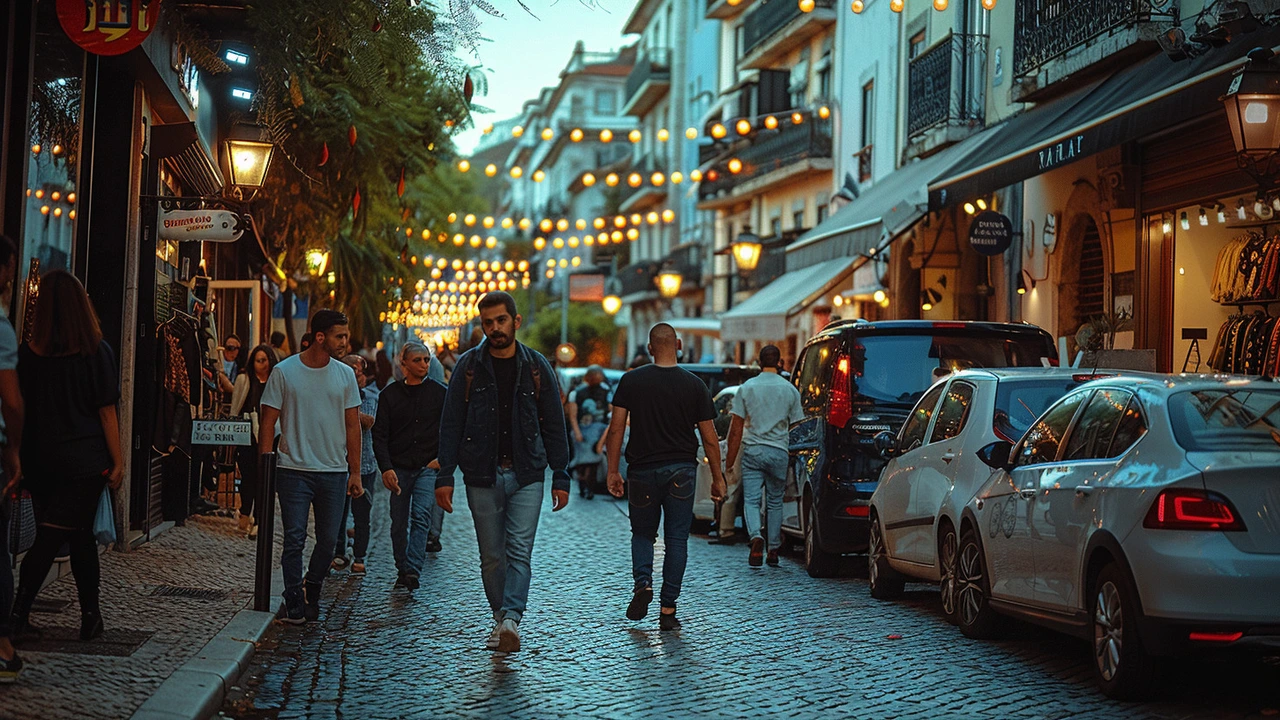Migrant Rights: What You Need to Know Right Now
Too many migrants don’t know a few simple rights that could protect them. Whether you crossed a border yesterday or have lived in a new country for years, this guide gives clear steps you can use today. No legal jargon — just practical advice.
Basic rights most countries must respect
You have the right to safety and to not be tortured or mistreated. Most countries also allow people to apply for asylum if they fear persecution at home. Children usually keep the right to basic education and emergency health care, no matter their legal status. Work and long-term services depend on local law — some places let migrants work while others require special permits.
Know this: laws vary a lot. Don’t assume one country’s rules match another’s. Always check local rules or ask an NGO for help.
Practical steps to protect yourself
Carry some ID and copies of important documents (passport, any permits, birth certificates). Store digital copies in an email or cloud account you can access from anywhere. If you applied for asylum, keep any paperwork or receipts showing your application date — that paper can matter.
If officials stop or question you, stay calm. Ask if you’re free to go. If you’re detained, ask to see a lawyer and request to contact your embassy or a trusted NGO. Say your name and nationality clearly. Don’t sign anything you don’t understand. If possible, record names, badge numbers, and take photos after the interaction.
Always document abuses: write dates, times, what happened, and any witnesses. If it’s safe, get photos of injuries or damaged property. This becomes useful evidence if you seek justice later.
Need medical care? Emergency treatment should not be denied. If you’re refused care, note the facility name, staff names, and ask for a written refusal. Reach out to local health NGOs or clinics that serve migrants — many offer low-cost or free services.
Worried about work or housing? Use trusted community groups and migrants’ networks. Avoid job offers that demand large fees or ask you to hand over documents. Those are common signs of exploitation or trafficking.
If your rights are violated, contact organizations that help migrants: UNHCR, IOM, Lawyers for Human Rights (in South Africa), Amnesty International, or local legal aid groups. Embassies can help nationals with some services, but they won’t replace local legal aid.
Finally, stay informed. Laws and procedures change. Follow reliable local sources, ask NGOs for updates, and talk to community leaders you trust. Small steps — copies of documents, a list of contacts, and knowing when to ask for legal help — can make a big difference.
Need immediate help? Look up UNHCR or IOM hotlines in your country, or search for local migrant support groups that can guide you step by step.
